What could state education learn from alternative schools?
Rigid curriculums are rejected in favour of a system where children choose what they want to learn. But should all institutions play copycat, Len Williams asks
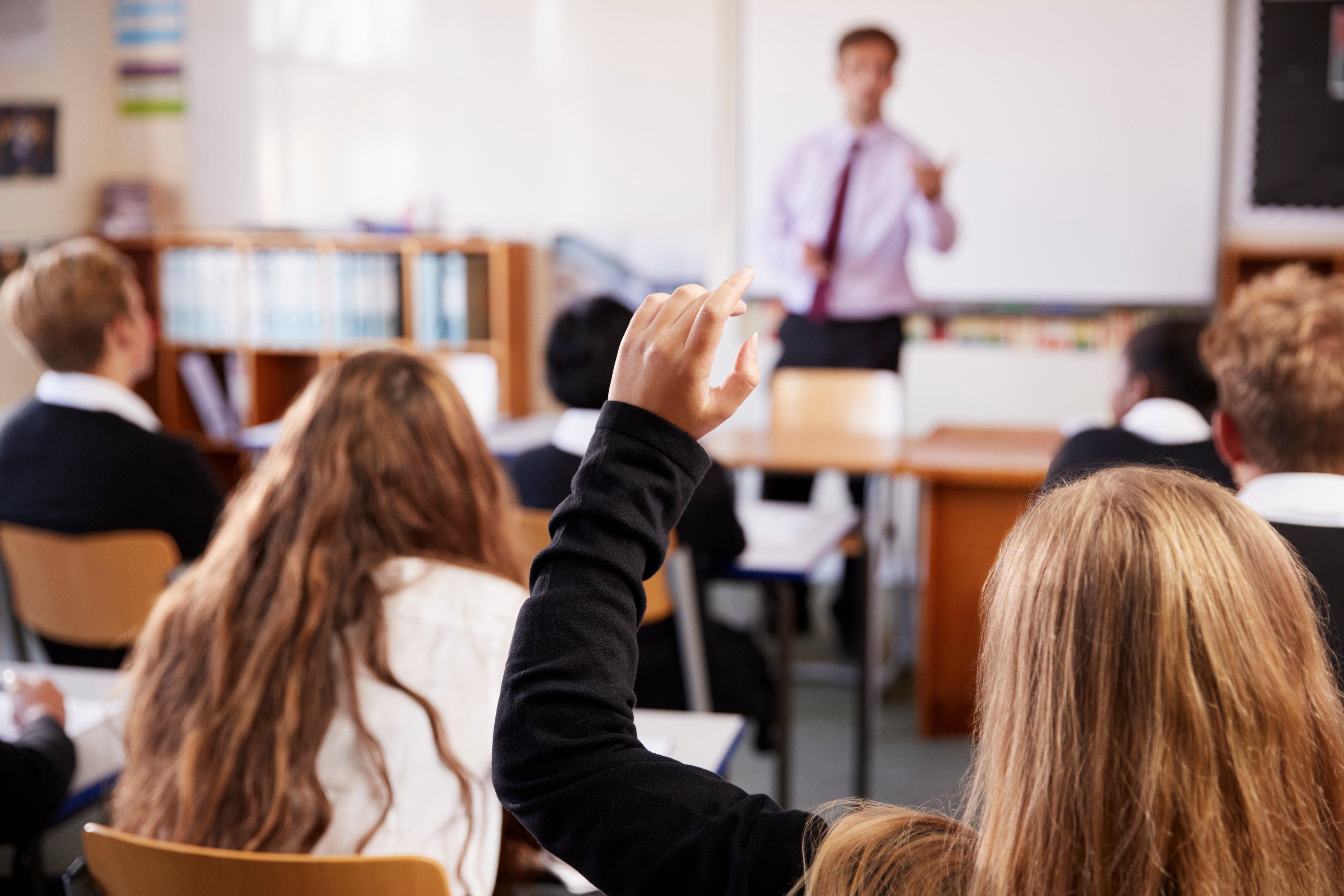
During the great coronavirus home education experiment, parents around the world got a novel insight into what really goes on in their children’s schools. And while there’s plenty in the system to be praised, many were shocked to find out how their kids are being taught and what they’re learning. Some are even questioning if the current system really delivers what their children need.
The last year has been a rocky one for the British education sector. From the GCSE and A-level grading scandal to the catch-up funding debacle or the sight of university students being locked in their halls of residence, levels of dissatisfaction with the system are high. So, is it now the time to reconsider what we really want from education?
Even before the pandemic, research by think tank IPPR found that too many young people leave school without the skills needed for the workplace, while British pupils are among the unhappiest in developed countries. One recent survey of teachers found that 36 per cent are concerned about children’s health and wellbeing. There is also a staff recruitment and retention crisis.
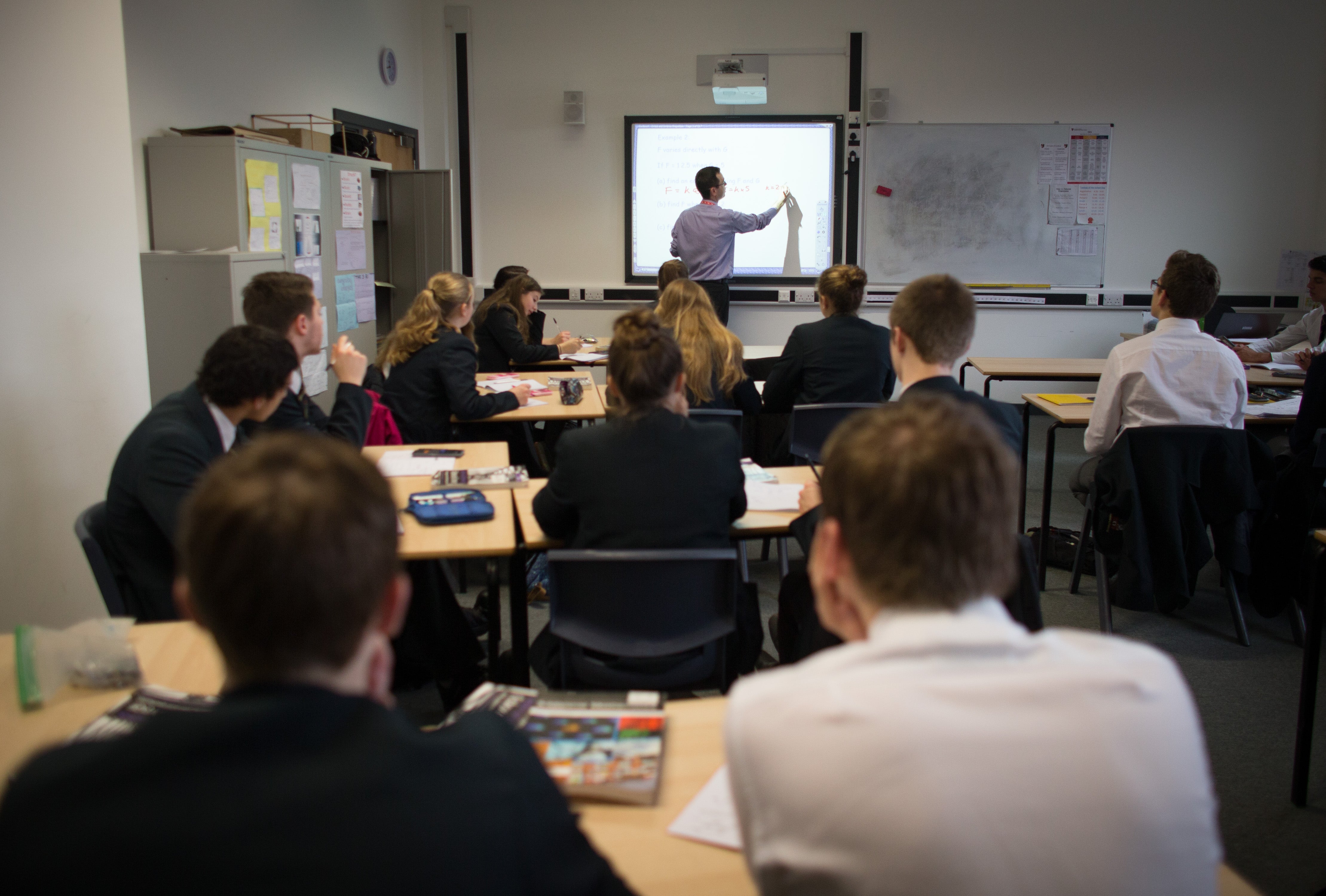
For decades, a number of teachers and parents have been arguing for an alternative approach to education which they claim would address these problems. And some of them have even set up schools to turn their ideas into a reality. But what, if anything, can state schools learn from them?
Another way?
“Looking back, what was really important to me was that I always made my own decisions. That was really normal for me, but I realised after leaving school that this wasn't normal for many people”, says Chae Eun Park, who has positive memories of the nine years she spent at Summerhill School, an independent boarding school in Suffolk.
Established 100 years ago, the school is one of the longest-running providers of alternative, democratic education in the world. Children don’t have to attend lessons and they can pick and choose what they want to study. No one is obliged to sit exams and, while GCSEs are offered, they aren’t mandatory. Pupils have as much of a voice as adults when it comes to deciding on everything from school rules to school trips.
“You learn to get along with people, which is really important at work … I naturally grew up being aware of others” she says. Since she could decide what she would learn from a young age, it meant “I have always been clear about what I want to do; everything I’ve done since leaving school came from my own decisions”.
The world doesn’t come at you as a subject; it comes at you as it is. You have problems and you need to solve them using a variety of skills
Park, who works in the art sector, is South Korean and her parents ended up sending her to the democratic school because they were concerned about their country’s notoriously competitive education system. “Schools in Korea have a high suicide rate and my parents didn't want us in that environment. It is brutal, pushing kids into becoming exam-sitting machines.”
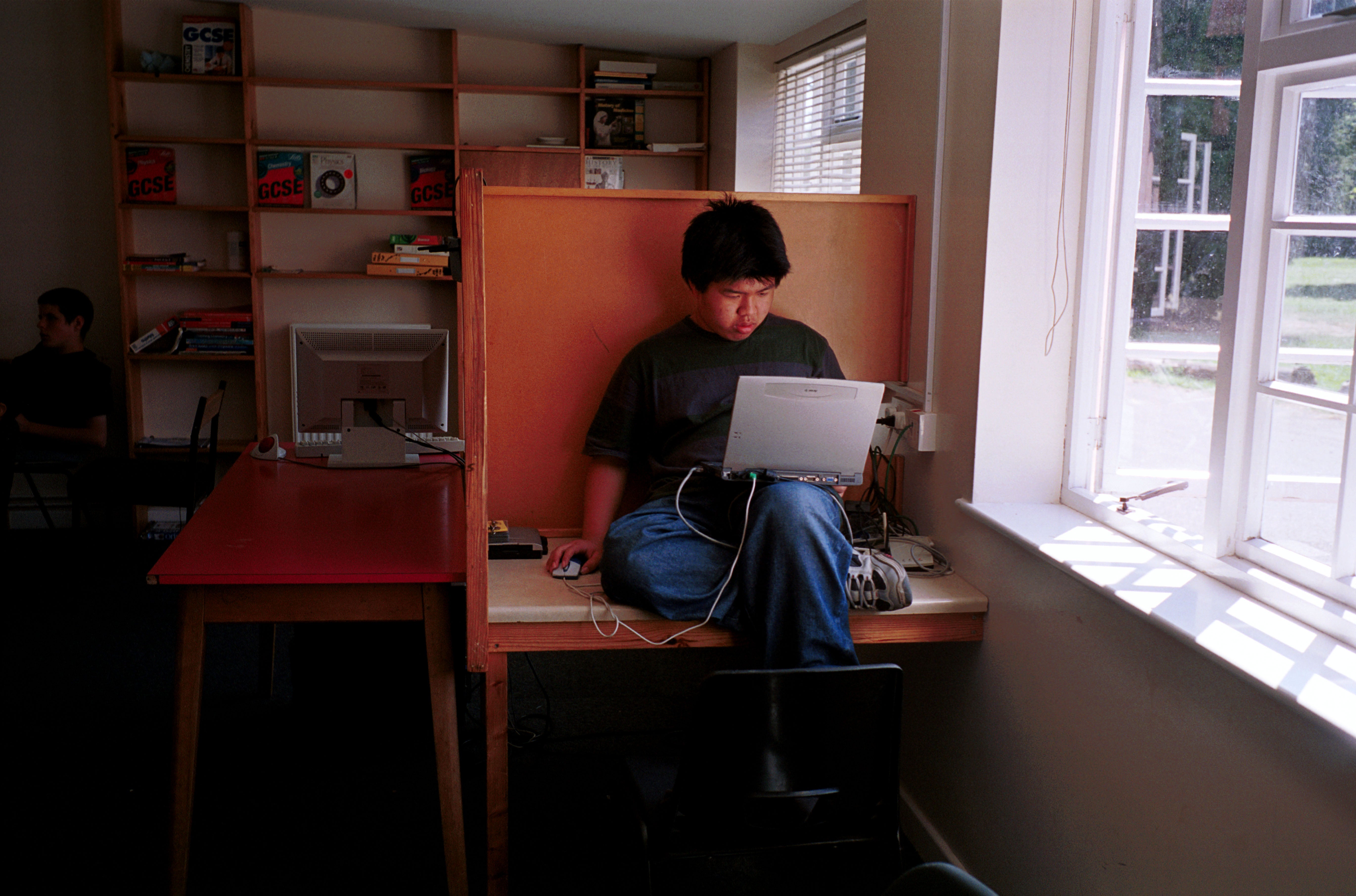
Many other schools have been inspired by the Summerhill approach, including the hundreds of Steiner Waldorf schools, Montessori schools and one-off institutions. Each has its own philosophy but what they all share is the belief in self-directed learning. In the UK, at least, such schools are almost all fee-paying, although there is a handful of state and charity-funded establishments.
These alternative institutions emerged out of the historical context of traditional British schooling. In the west, education only became mandatory in the late 1800s, largely because governments realised that they would need to educate a new wave of industrial workers. Attending school became mandatory for children up to a certain age and all schools were asked to follow a curriculum that covered key subjects that were considered essential for turning out productive workers. But it wasn't long before educationalists started to question this model.
A personalised approach
Dr Ian Cunningham runs the Self-Managed Learning (SML) College in Brighton, a democratic school based on his research into how people learn best. Cunningham's research initially studied the corporate world: “Our research looked into what makes people effective in the workplace. We found that, of the total of what they learn in formal training, only about 10 per cent actually goes towards making them effective.” Rather than formal instruction from a teacher, Cunningham found people learn best – and are therefore most effective - when they’re in charge of their own learning.
So how does this play out at the SML College? He explains that in the first week of the new term, the teachers spend a few days getting to know each student personally. “We start with asking ‘what is this person’s need? Where have they been and what's their past experience?’”
The aim is to find out what is important to the child, what values and beliefs they have about learning and what kind of life they want in future. This feeds into a framework of learning goals based on their interests which they can work towards.

Cunningham describes how one student who liked animals expressed an interest in becoming a vet, for example. The college staff organised for a vet to come into the school to talk about the realities of the job. They also spoke about the qualifications you need to get into that profession. Armed with this knowledge, the pupil could work with the adults at the college to design their own curriculum which they were responsible for sticking to.
“Our view is that the national curriculum is a nonsense” says Cunningham. “The world doesn't come at you as a subject; it comes at you as it is. You have problems and you need to solve them using a variety of skills”. By teaching kids to solve problems with this approach, he believes they come out more prepared for the realities of adult life.
So, what does this actually look like in the classroom? Lucy Stephens is the director of The New School which opened its doors to 46 pupils in September 2020. Based in Croydon, the school is charity-funded so there are no fees, and the school aims to be demographically representative of its catchment area.
On a typical day, Stephens explains there is 20 minutes of morning circle time where students talk about what they’re going to do in the day ahead. After eating breakfast together, everyone attends a maths or literacy class followed by a break for free time – be that staying in class, playing outside or going to the library. Students attend a variety of other lessons, but chunks of the day are given to students to manage their own learning journey. They can choose to do anything from writing a story to playing football or developing particular skills that suit their interests.
To be blunt, the education system in England at the moment focuses too heavily on preparing children for the world of work
It’s early days for the school, yet Stephens says feedback has been positive from students and parents. The school is also collaborating with the University of Nottingham to do a long-term evaluation of the approach. “Our larger ambition,” Stephens explains, “is to showcase the alternative model in action and open up a discussion about what we want from education”.
Stephens set up The New School after working as a teacher in the state sector and becoming concerned that many students were not being served well by their schooling. Although she acknowledges the many innovative teachers in the system, she felt that they were shackled by an outcomes-focused structure and trying to change this from the inside would only have minimal impact. “Unless you tackle the underlying structures of the education system, you can't make the change you want to see,” she says.
A national problem
“To be blunt, the education system in England at the moment focuses too heavily on preparing children for the world of work” suggests Fiona Carnie, the director of Alternatives in Education, an organisation that promotes democratic and self-managed learning approaches. “Education is about so much more than that.”
She says that the obsessions with accountability and exams are “toxic”. Training kids to pass tests in a small number of subjects means that they leave school unprepared for the real world. Carnie argues that a more holistic approach is needed where we “move away from academic silos and find ways to make subjects relate to each other better”.
In countries such as Finland and Denmark, schools have far a greater license to take a creative approach to education; the authorities recognise there is more than one way to teach. There is less focus on passing exams or for teachers to be continually assessed. And students in these countries still fare well in international comparisons. But even in the UK, Scotland and Wales are also taking a more holistic approach to education than in England. Their education systems, she says, focus less on training people to pass exams, and more on turning them into engaged and active citizens.
Could it work?
“If we were to hypothetically talk about radically changing mainstream schooling to encourage greater autonomy and respect for the child and encouragement of civic responsibility, we have evidence that these kinds of things work and have better outcomes,” muses Professor Stephen Gorard, Director of the Durham University Evidence Centre for Education (DECE). “I can’t see a reason why it couldn’t be done.”
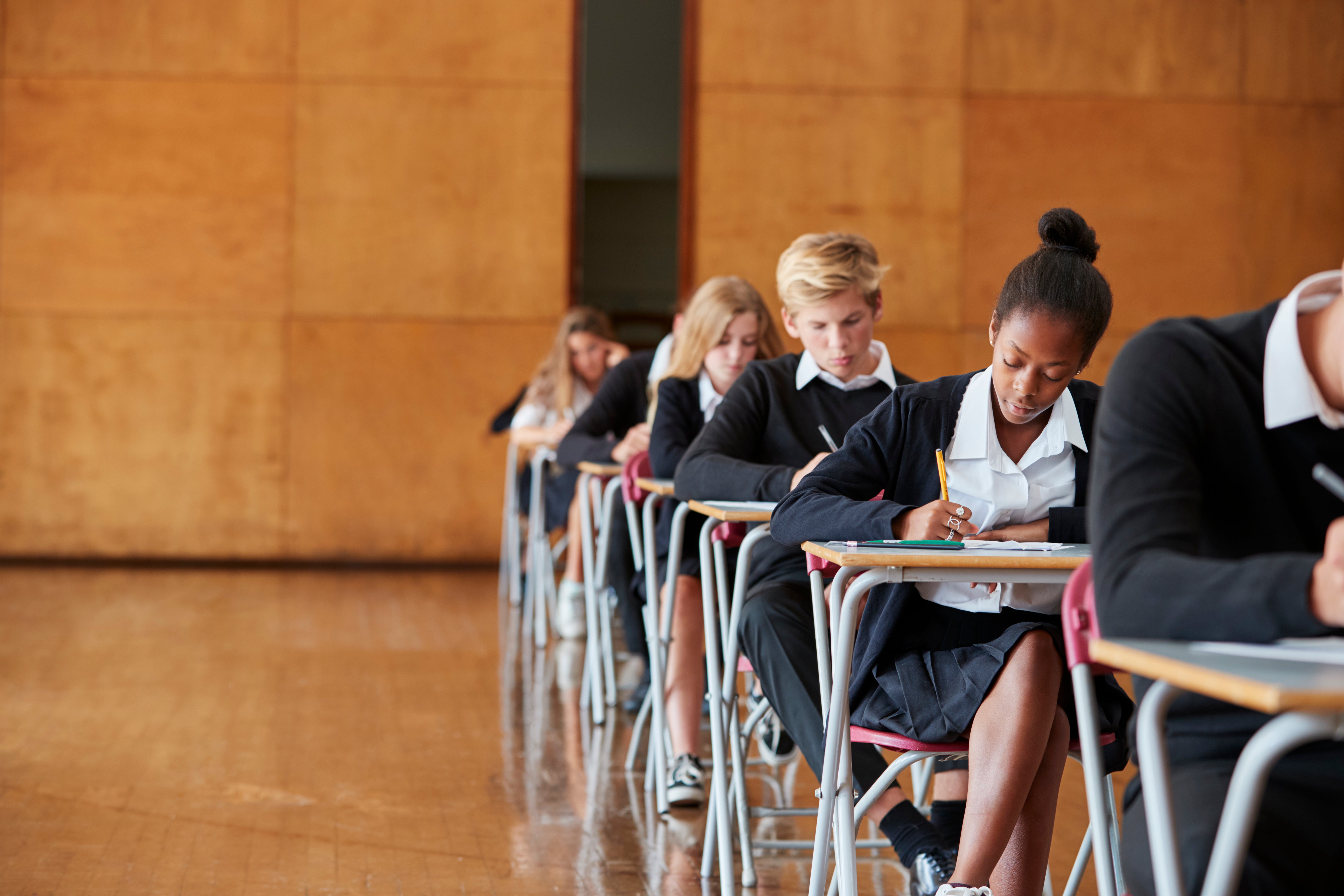
He points to studies that the DECE has conducted which show that when students are given more autonomy, they engage more with education. In one study, for instance, students at a state school were given the freedom to choose between various activities that were appropriate for their level of development and personal interests, such as going to the library or catch-up lessons if they were struggling with one subject. Given the freedom, most students showed maturity in deciding on what they needed to learn.
That being said, he says the self-directed approach to learning is not yet fully tested, pointing to a lack of evidence about how it affects people’s life chances. We don’t really know if people who’ve gone to alternative schools end up happier, more productive or genuinely more engaged in the world around them. Although some alternative schools have been around for decades, the small numbers of attendees and the fact they are self-selected means it’s impossible to compare them with people who’ve been educated in state schools.
He also notes that, for all its faults, there is a key reason for having compulsory universal education is to ensure equal access for all. Although bodies like Ofsted can be criticised for enforcing standards, this approach was introduced precisely to tackle social inequality.
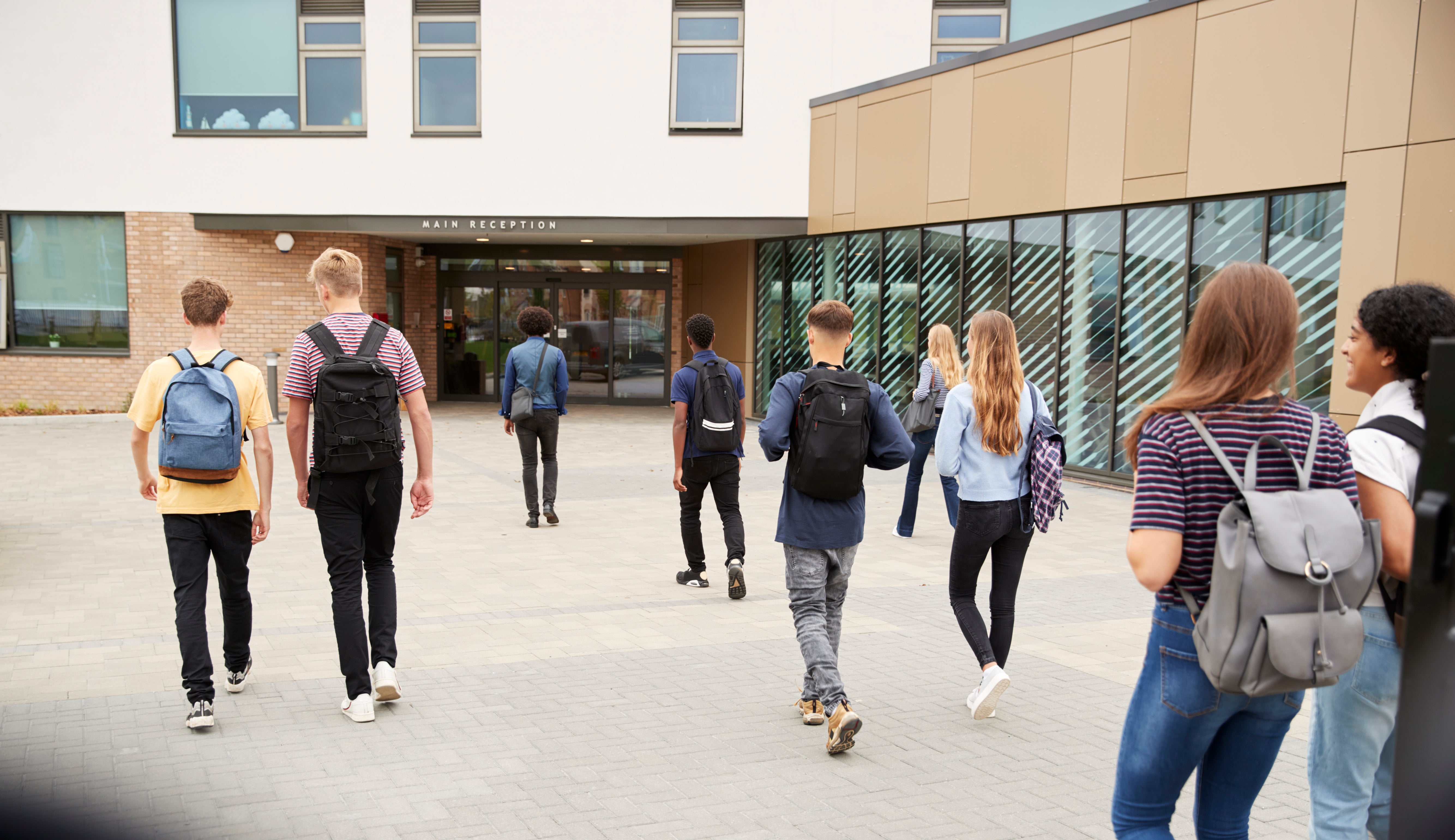
And there is a risk that alternative education could only reinforce the advantages that middle-class kids have over their working-class peers. Pupils whose parents went to university, work in professional jobs and have access to more social capital to give their kids extra support could be more likely to thrive in a self-directed school environment.
What do we want from school?
With schools facing a crisis in funding and reports of dissatisfaction in the classroom, now could be a good time to reflect on what we really want from schooling – and what kinds of people we want the system to churn out. With their emphasis on giving kids greater autonomy and getting them engaged in decision-making, there’s plenty we can learn from the alternative sector.




Join our commenting forum
Join thought-provoking conversations, follow other Independent readers and see their replies
Comments